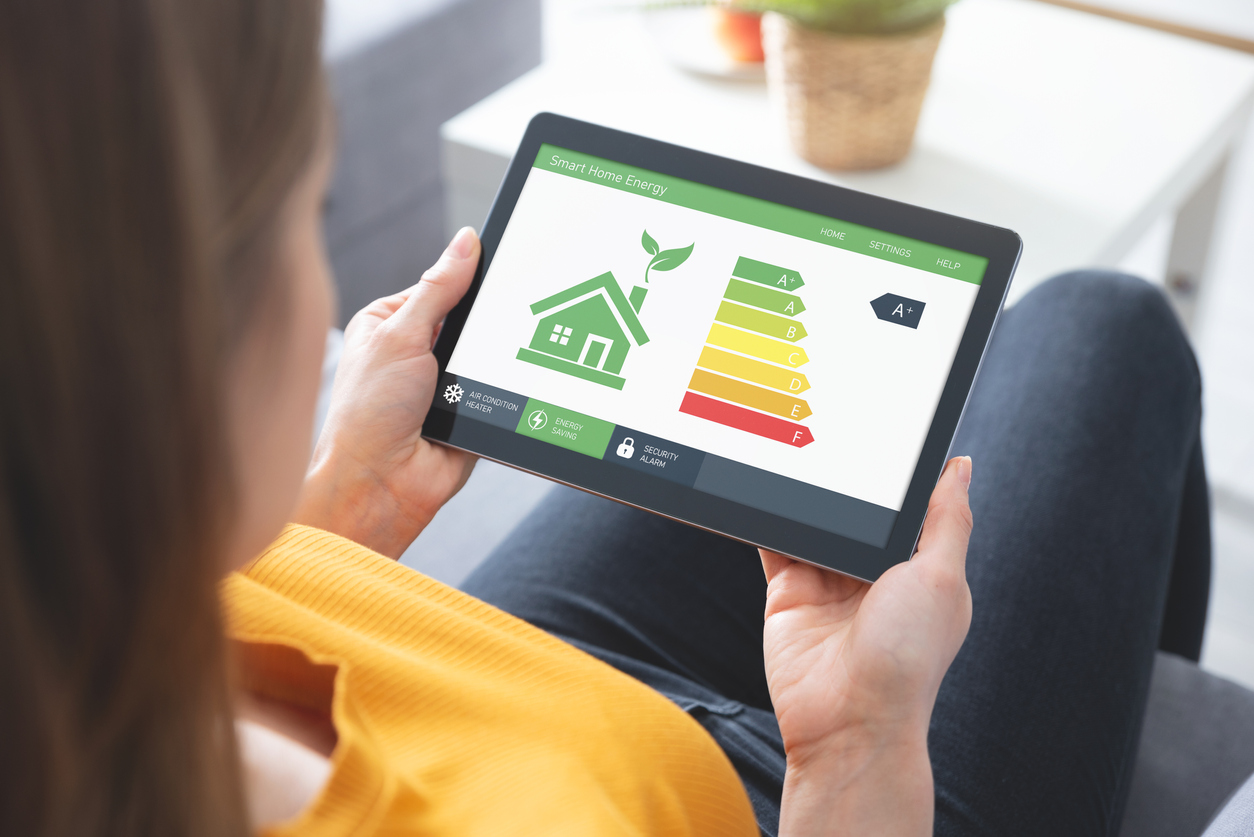
Even if you rent an apartment, townhouse, or home, you can make a big difference in the environment with your energy usage, all while saving money. Take advantage of these tips to learn how to be more energy-efficient, save energy, money, and do your part to reduce the risks of climate change. If there are certain things you cannot change on your own, you may want to share these energy-saving tips and encourage your landlord to help you make a change for the better.
Lighting
Lighting is one of the easiest places to start saving energy, as you can replace your five most frequently used light fixtures or the bulbs in them with energy-saving lights, and you can save a ton of money on energy costs with just that action alone. You can still get high-quality light output while using so much less energy.
Also, remember always to turn off your lights when leaving a room. Turning off just one 65-watt incandescent bulb that would otherwise burn eight hours a day can save you roughly $15 per year.
Air Conditioning and Heat
Have you ever considered purchasing a room air conditioner? There are energy-efficient models that use at least 10 percent less energy than standard models.
In the winter, it may be smart to insulate room air conditioners from the outside with a tight-fitting a/c unit cover to keep heated air from escaping outside.
Be sure the window unit fits tightly in the window so outdoor air is not getting in. You may also decide it may be best to remove the window unit in the winter months to prevent energy losses.
Consider installing a programmable thermostat to automatically adjust your home’s temperature settings when you’re away or sleeping. When used properly (setting the thermostat at energy-saving temperatures without overriding that setting), this can save you so much money per year in energy costs. You should also set it at a constant energy-saving temperature when you’re away or on vacation.
Check that all air vents are clear of furniture so that air can circulate freely. If your home has radiators, you can use heat-resistant reflectors between radiators and walls to heat the room rather than the wall. Take advantage of the sun’s warmth whenever possible by keeping drapes open during daylight hours.
Electronics
Consumer electronics play an increasingly larger role in a home’s energy consumption. Simultaneously, many use energy even when switched off to maintain features like clock displays, channel settings, and remote-control functions.
It is best to unplug any battery chargers or power adapters when you are not using them, such as your cell phone charger. You may want to use a power strip as a central “turn off” point to completely disconnect the power supply from the power source, eliminating standby power consumption.
You can also save energy by making sure you don’t over-dry your clothes. If your dryer has a moisture sensor that automatically turns the machine off when clothes are done, take advantage of that. Dry full loads or reduce drying time for partial loads.
It’s easy to over-dry your clothes when doing various fabric types at once. Try to dry loads made up of similar fabrics, so the entire load dries at the same time. You can also try to match the cycle length to the size and weight of the load. A dryer operating an extra 15 minutes per load can cost roughly $34 every year.
Dryers need to move heated air through wet clothes to evaporate and vent water vapor outside. If heat supply is being restricted or air is not moved sufficiently, clothes will take longer to dry, or they may not dry at all. One of the easiest things you can do to increase drying efficiency is to ensure the lint trap is cleaned before every load.
Water
A new showerhead also will save energy. With a gallon-per-minute low-flow showerhead, a 10-minute shower will use about 25 gallons of water, saving you five gallons of water over a regular bath. You can also save water by scraping dishes instead of rinsing them before loading into the dishwasher. Run your dishwasher only when enough dirty dishes have accumulated for a full load.
To save water, try to wash full loads of laundry. Or, if you must wash a partial load, make sure you put it on a lower load setting so it doesn’t use as much water. It is also best to wash your laundry in cold water whenever possible because hot water heating accounts for about 90 percent of the energy your machine uses to wash clothes. It is inevitable for things to go wrong from time to time, so be sure to secure Augusta renters insurance so you are properly protected.
About Provident Protection Plus
At Provident Protection Plus, we have served the businesses and residents of New Jersey, New York, and Pennsylvania for more than 65 years. We are a wholly-owned subsidiary of Provident Bank, the region’s premier banking institution, and we are prepared to offer you personal, business, employee benefits, and risk management solutions. To learn more about our coverage options, contact our specialists today at (888) 990-0526.



